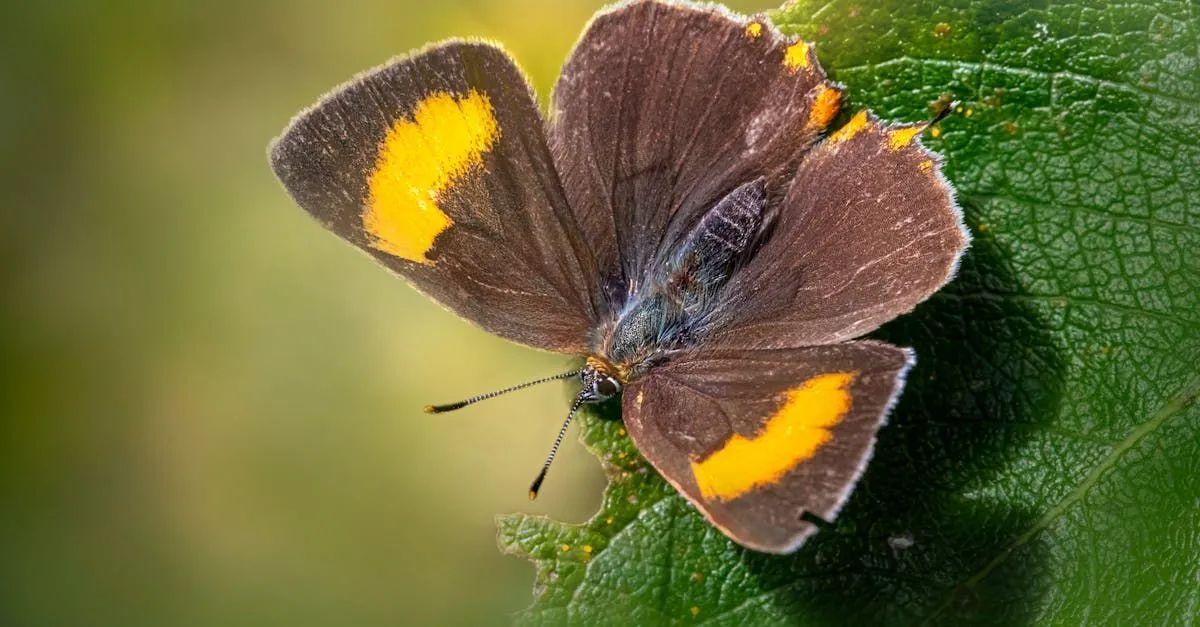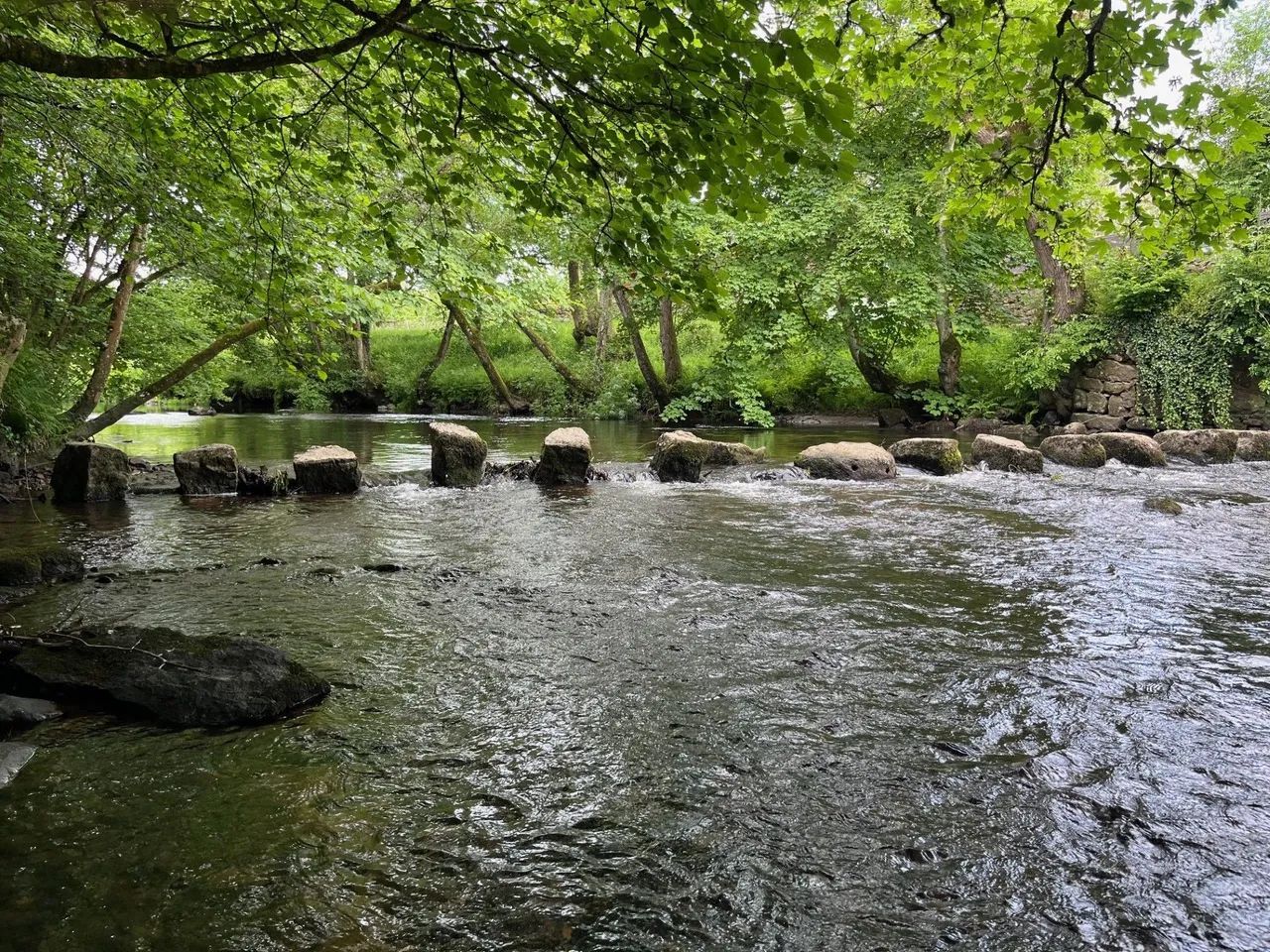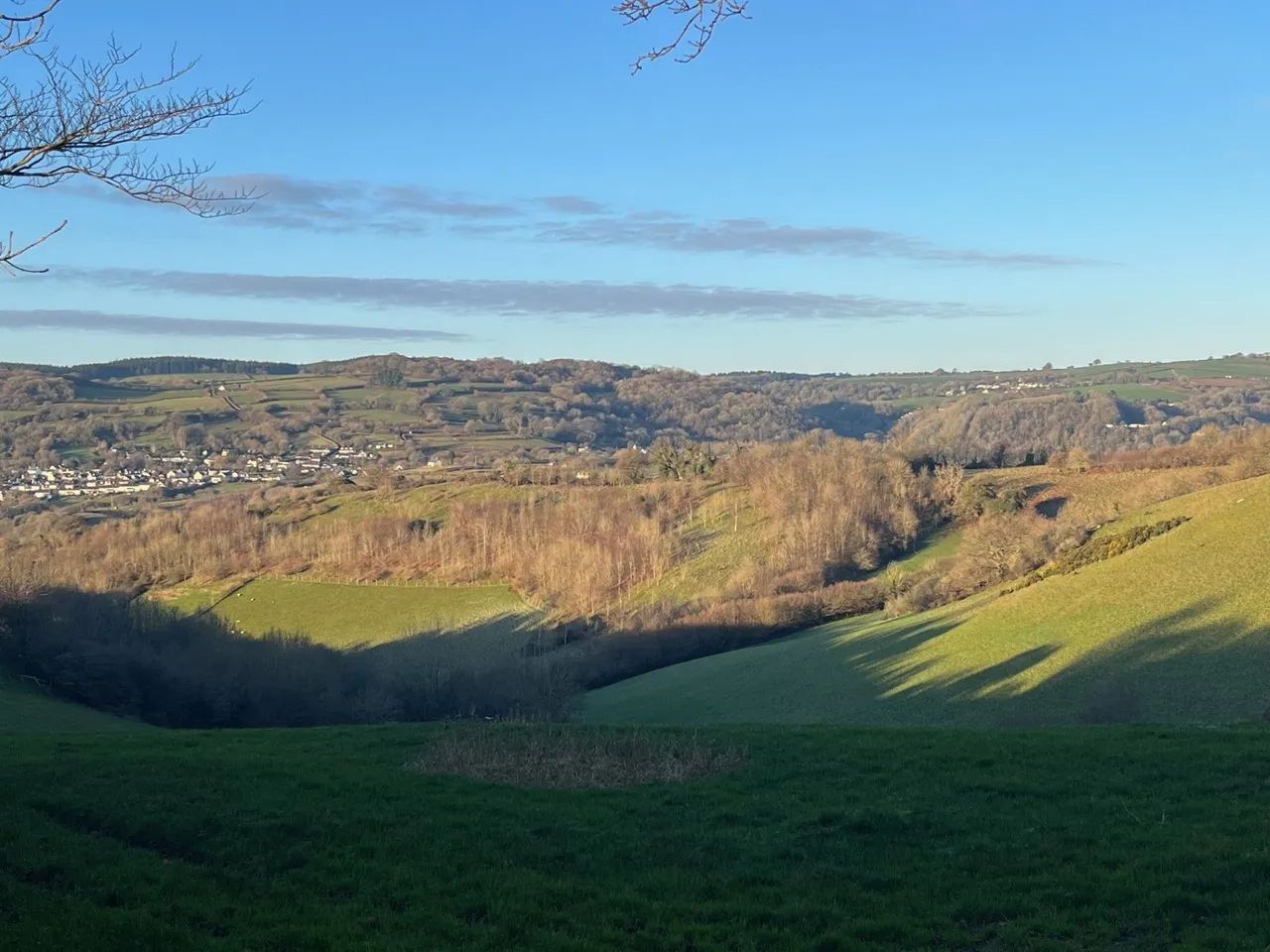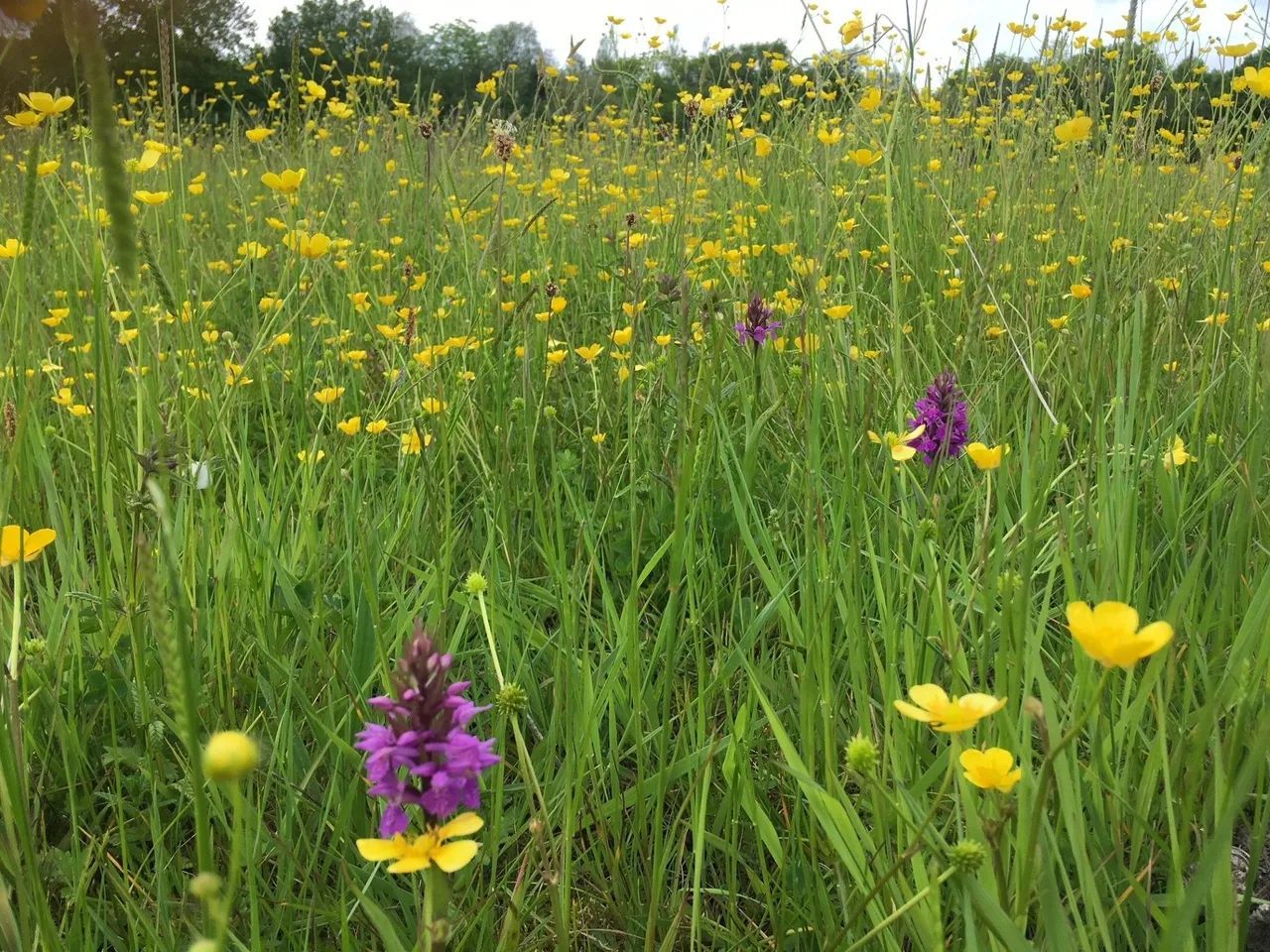THE TVFF FOCUS
Net Zero
The 2021 Net Zero Strategy set out the Government’s commitment to reduce greenhouse gas emissions across the economy to reach net zero by 2050. Agriculture represents around 11% of total UK greenhouse gas emissions.
Net Zero can be achieved by:
- Integrating low carbon practices, such as reducing tillage, and crop choice and cultivation chosen for soil health.
- Restoring and maintaining peatland, through raising water tables and wetter modes of farming.
- Planting trees and creating woodland, increasing tree canopy, woodland cover and planting hedgerows.
- Improving the condition of native and ancient woodland, through assessing the condition of existing woodlands and managing this appropriately.
- Agroforestry, by creating and maintaining agroforestry systems that enable agricultural land to capture emissions and deliver environmental benefits while maintaining farms’ main agricultural output.
Our aspiration is net zero or beyond, and we will deliver this through better-informed land management practices and technological advancements. We plan to buffer and link existing fragments of remaining native woodland, coordinate pest control within the woodlands, targeting deer and squirrels. This will help improve the woods for biodiversity, allow saplings to develop, increase flood resilience and water quality in the catchment and increase carbon stored in the landscape.




